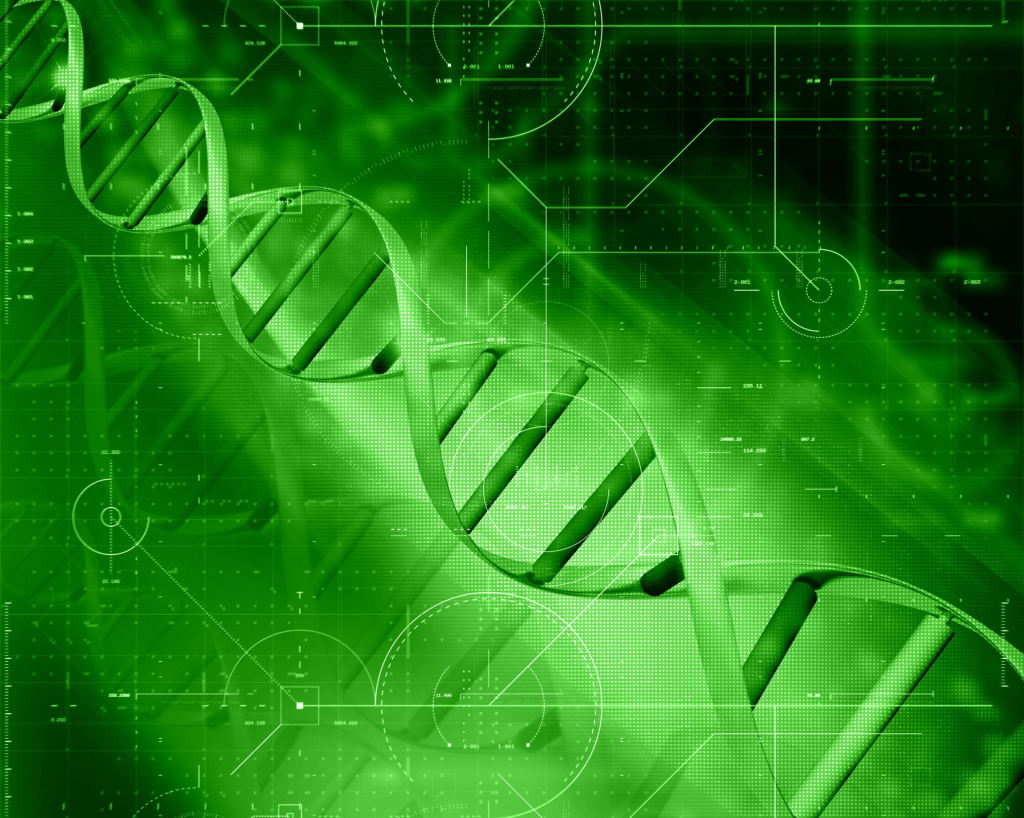The Future of DNA Technology and Forensics: 5 Types Of Jobs You Might Want To Consider
DNA Technology

The future of DNA technology is looking very bright. With the advances in technology, the ways in which DNA can be used are increasing. This means that there are more opportunities for those with the right skills to get involved in this exciting field.There are many different types of jobs that you can consider if you are interested in working with DNA.
Here are four of the most popular options:
• DNA Analyst DNA analyst is someone who uses DNA technology to help solve crimes. They may work in a crime lab, using DNA to identify criminals. They may also work with the police, helping to investigate crimes.
• DNA Technician DNA technician is someone who works in a lab, helping to analyze DNA samples. They may also be involved in collecting DNA samples from crime scenes.
• Forensic Scientist forensic scientist is someone who uses DNA technology to help solve crimes. They may work in a crime lab, using DNA to identify criminals. They may also work with the police, helping to investigate crimes.
• Genetic Counselor genetic counselor is someone who helps people understand their DNA. They may work with people who have genetic diseases, or with people
The future of DNA technology and forensics: 5 types of jobs you might want to consider
The future of DNA technology is looking very bright. There are many different applications for DNA technology, and it is only going to become more widespread in the future. One of the most exciting areas of DNA technology is forensic science. Forensic science is the application of science to the law. It is used to solve crimes by collecting and analyzing evidence.
There are many different types of jobs in forensic science. Some people work in crime labs, analyzing evidence. Others work in the field, collecting evidence at crime scenes. There are also forensic scientists who work in the courtroom, testifying about their findings.
If you are interested in a career in forensic science, there are many different types of jobs you might want to consider. Here are five of the most popular:
1. Crime Lab Analyst
Crime lab analysts are responsible for analyzing evidence that has been collected from crime scenes. They use a variety of techniques, including DNA analysis, to identify suspects and solve crimes.
2. Crime Scene Investigator
Crime scene investigators are responsible for collecting evidence from crime scenes. They must be able to identify and collect evidence that could be used in a criminal investigation.
3. Forensic Scientist
Forensic scientists are responsible for analyzing evidence that has been collected from crime scenes. They use a variety of techniques, including DNA analysis, to identify suspects and solve crimes.
4. Forensic Anthropologist
Forensic anthropologists are responsible for studying human remains. They use their knowledge of human anatomy to identify victims of crime and to determine the cause of death.
The benefits of DNA technology in forensics
The use of DNA technology in forensics has revolutionized the field of criminal investigation. By providing law enforcement with a powerful tool for identifying suspects and linking them to crime scenes, DNA has helped solve countless cases that might otherwise have gone unsolved.
While DNA technology is most commonly associated with its use in solving crimes, it also has a number of other applications in the forensic sciences. For example, DNA can be used to identify human remains, determine the cause of death in cases of unidentified bodies, and help locate missing persons.
About the Creator
blissllin 1
At BLISSLIN, we pride ourselves in being the leading technology news website that provides our readers with accurate and up-to-date information on all the latest tech devices and accessories.
https://blissllin.com/






Comments
There are no comments for this story
Be the first to respond and start the conversation.